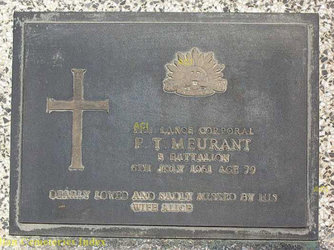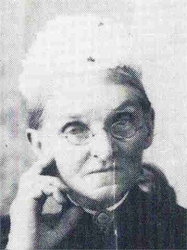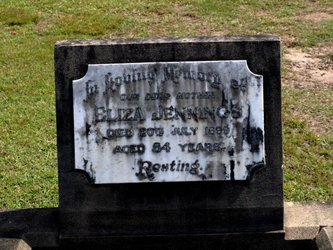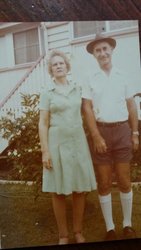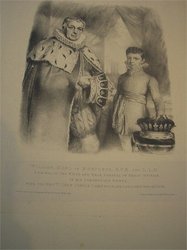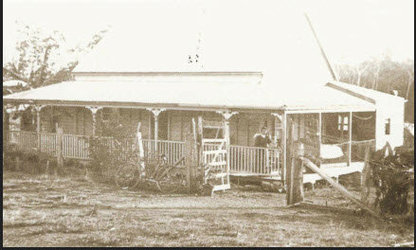Please sign the Guest Book with any comments
This is always a work in progress so be prepared for probable omissions and errors.
Please let me know of anything you would like added/deleted/changed etc.
Contact by direct email is debbieweldon@hotmail.com
Will fill in missing data or correct data errors as new information comes to hand.
Surname Meanings:-
GIBSON:-
Definition: A patronymic name meaning "son of Gibb," which in Middle English was a familiar
term for a cat.
Surname Origin: English, Scottish
Alternate Surname Spellings: GIBBS, GIBBES
WELDON:-
English: habitational name from a place in Northamptonshire called Weldon, from Old English
well(a) ‘spring’, stream’ + dūn ‘hill’.
BRITCHER:-
English: variant of Bracher (see Brach).South German: variant of Britsch
JARVIS:-
English: from the Norman personal name Gervase, composed of the Germanic element gari, ger
‘spear’ + a second element of uncertain meaning and original form. The name was borne by a
saint, martyred under the Roman Emperor Domitian, who became one of the patrons of Milan.
CLARK:-
English: occupational name for a scribe or secretary, originally a member of a minor religious
order who undertook such duties. The word clerc denoted a member of a religious order, from Old
English cler(e)c ‘priest’, reinforced by Old French clerc. Both are from Late Latin clericus,
from Greek klerikos, a derivative of kleros ‘inheritance’, ‘legacy’, with reference to the
priestly tribe of Levites (see Levy) ‘whose inheritance was the Lord’. In medieval Christian
Europe, clergy in minor orders were permitted to marry and so found families; thus the surname
could become established. In the Middle Ages it was virtually only members of religious orders
who learned to read and write, so that the term clerk came to denote any literate man.

